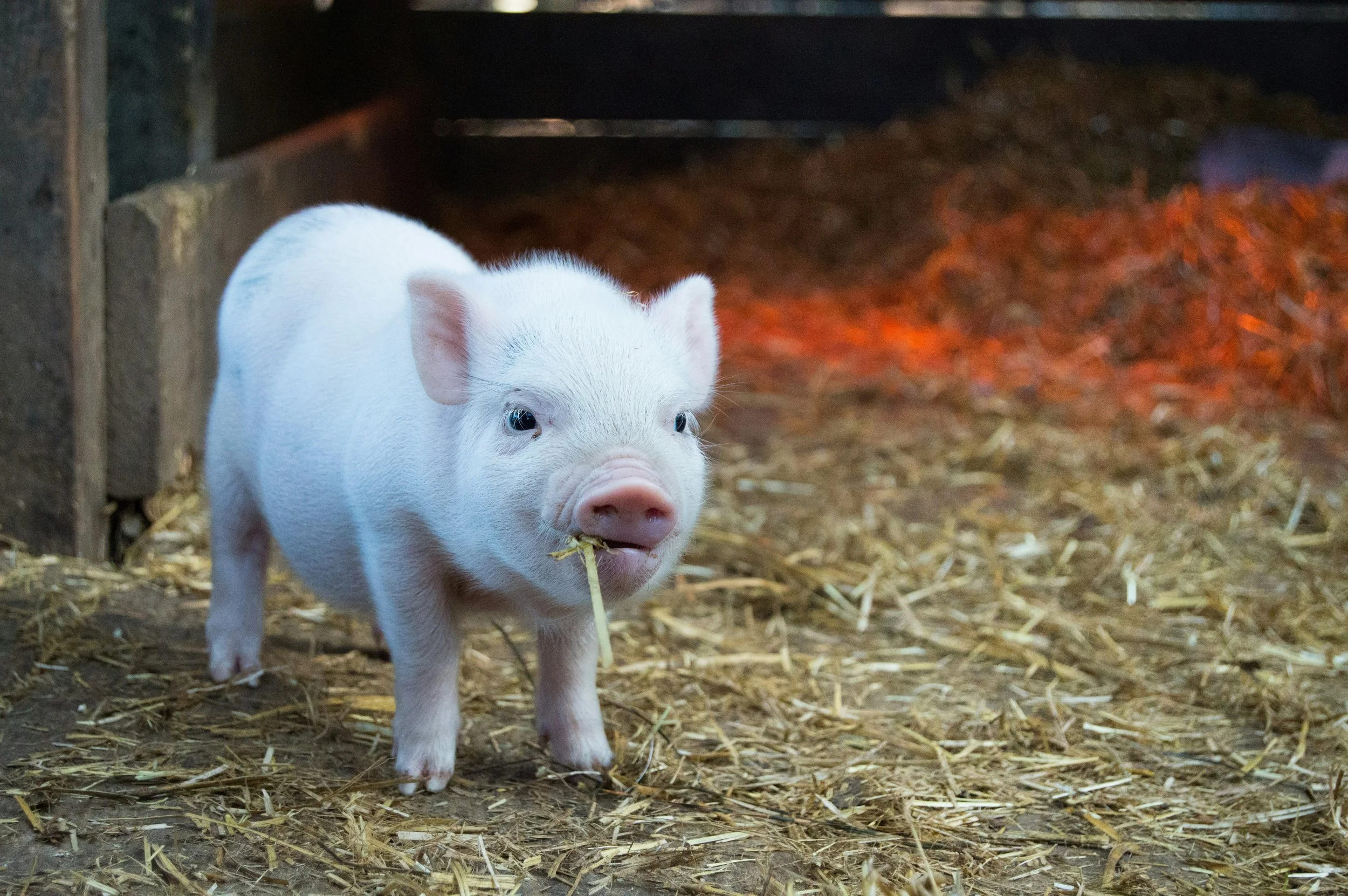On September 7, 2016, the House of Representatives voted 241-174 to pass the Stop Settlement Slush Funds Act of 2016 (H.R. 5063). This bill prevents the government from entering into settlements providing for payments to anyone except the government itself unless the payments represent restitution for harm caused directly by the payer. In other words, this bill will bar the Department of Justice (DOJ) from requiring settling defendants to donate money to third parties.
Oklahoma Earthquakes Shake Up The Fracking Conversation
As if we needed anything else to shake up this year’s election cycle, a recent earthquake in Oklahoma has provided yet another point of controversy for Americans to keep in mind as they head to the polls this fall. Pawnee, Oklahoma was home to the latest of a string of seismic events that have added to the weight of a pending lawsuit between one of the largest environmental organizations in the United States and four producers and developers of natural gas, oil, and natural gas liquids.[iii] Sierra Club, plaintiff in the action, is claiming that, “the spike in earthquakes stems from the injection of wastewater from fracking and other oil and gas development activities into thousands of deep wells around Oklahoma.” Defendants, on the other hand, raise valid concerns regarding issues of causation.
Rolling Coal: An Immature Provocation
On August 16, 2016, new regulations, demanding that heavy-duty trucks reduce their emissions, were unveiled.[i] During his first term, President Obama actively strove to combat rising greenhouse gas emissions from the transportation sector. Specifically, the Obama Administration “put in place the first national policy to increase the fuel economy of medium- and heavy-duty trucks with model years between 2014 and 2018.” The regulations that were recently unveiled mandate that heavy-duty pickup trucks and vans “must become 2.5 percent more efficient each year between 2021 and 2027. Among those targeted by these regulations are diesel truck owners.
My Old Kentucky Hemp
For years Kentucky has been known as one of the leading producers of tobacco, but as trends have begun to change, the demand for tobacco has slowly begun to decrease. In 1964, a discovery was made showing tobacco caused lung cancer. Ever since this discovery, the tobacco industry has been gradually shrinking, forcing many Kentucky farmers to either switch to growing other crops, or completely shut down farming production.
Home Sweet Home: Or is it? Going from a Home to a Hazard
A component of the American dream is often achieved when a person is finally able to obtain his or her own piece of land and a place to live. This place quickly transforms from a shelter with walls and windows, and becomes a place that will be the site of experiences and memories that the inhabitants will share for years to come. In short, it becomes a home. The word “home” instills an expectation of safety as well as enjoyment. However with negligent behavior, a home can quickly become a danger, and the expectations associated with that home can come tumbling down.
National Park Centennial: Celebrating History and Preparing for the Next 100 Years of Service
In 1916, President Woodrow Wilson created the National Park Service. This year, the National Park Service (NPS) celebrated its one-hundredth birthday; more accurately, the service turned one hundred a little over one month ago on August 25th, 2016. In its one hundred years of service, the NPS system has welcomed over 27.5 billion visitors and grown to include over 400 sites throughout the United States.
Pipeline Problems: The Dakota Access Pipeline
Recently the issues surrounding the status of Native Americans and natural resources has been in the news regarding the Dakota Access Pipeline. The Dakota Access Pipeline is supposed to bring crude oil from the less populated area of North Dakota down to Midwestern refineries. Native Americans have protested the project from its inception, much like the Keystone XL Pipeline. The focus of the protest by the Native American tribes is centered on the possible pollution of their water supply, as the Dakota Pipeline would run under the Missouri River, and also on the grounds that the pipeline would cause the disruption of some burial grounds.There has been a large contingent of Native Americans, as well as others, that have descended on the Dakota Pipeline construction in an attempt to stop the construction and the resulting clash between the two sides has been intense.
Cannabis Cultivation in the Peach State: The Necessary Next Step for Legalization
During the 2015 Georgia state legislative session, legislators passed Haleigh’s Hope Act, legalizing the use of medicinal cannabis, specifically a low tetrahydrocannabinol (THC) cannabidiol (CBD) oil produced using the cannabis plant, for a limited number of Georgia citizens with specific medical conditions. However, this new law was missing a crucial element needed to make Georgia’s medical cannabis program truly effective and beneficial for the Georgia citizens it was created for: the law does not allow for in-state cultivation of marijuana or manufacturing of the cannabis oil prescribed to Georgia patients.
Alleviating Lurking Leasing Liability: Care Required By Equine Lessees
In the world of horseback riding, lease agreements are almost as numerous as monogrammed saddle pads. Equine leases allow aspiring equestrians to test the waters of horse ownership, offering a lessee all the benefits of horse ownership, while requiring significantly less commitment (at least in the long term). However, as easily as one can realize the benefits of this arrangement, one can just as easily see the potential complications—namely, the complex question of who will bear the burden of liability if the horse is somehow damaged or injured.














